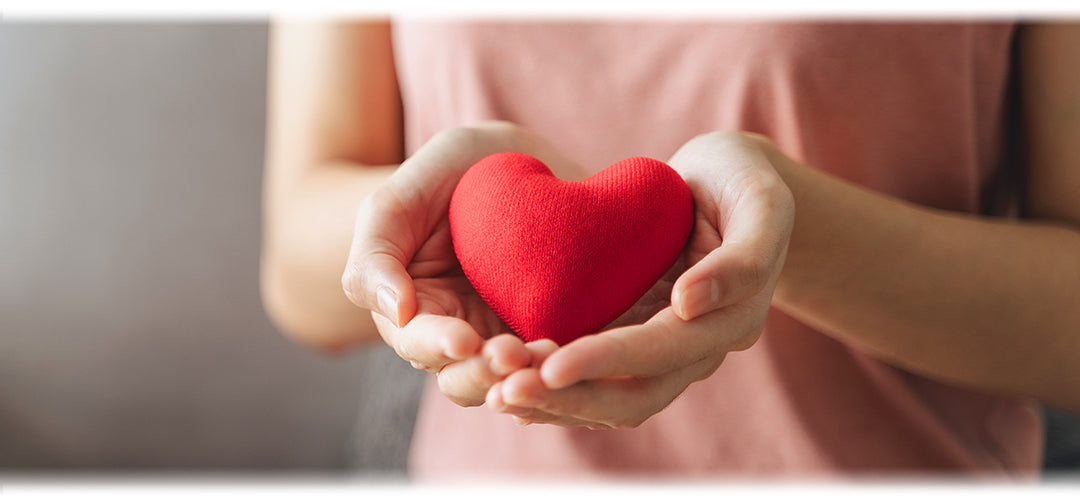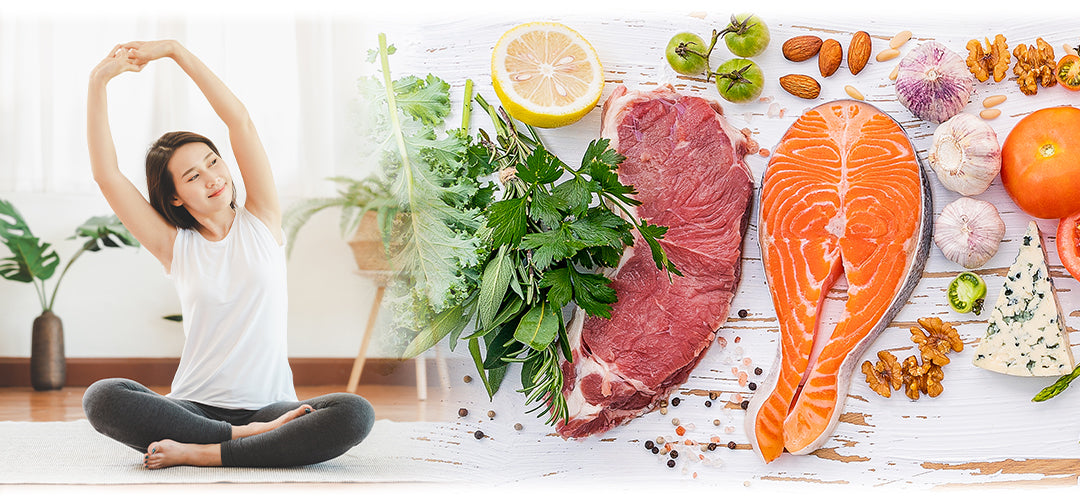
High blood pressure, or hypertension, affects around one in three adults in the UK, with most of those people not even realising it.
Although high blood pressure rarely has noticeable symptoms, if left untreated, your risk of more serious conditions like Stroke or heart disease increases.
The only way of knowing if you have high blood pressure is to have a test, and all adults over 40 are advised to get checked every five years.
Normal blood pressure is 120/80 mm Hg or lower, and high blood pressure is 130/80 mm Hg or higher. If your blood pressure is in the middle, you fall into the category of elevated blood pressure.
There are two numbers to look for when it comes to measuring your blood pressure. Systolic pressure measures the pressure created when the heart muscle contracts and pumps oxygen-rich blood into your blood vessels. Diastolic pressure measures the pressure on the blood vessels when the heart muscle relaxes.
Here, we take a look at the importance of keeping your blood pressure in check, and some of the natural ways to reduce it.
• Eight Natural Ways To Reduce Blood Pressure
Your blood pressure is important because all your body’s major organs, cells and muscles receive oxygen and nutrients from your blood. A strong, regular heartbeat will help blood flow around your body as it should, to keep all your essential functions working correctly.
However, if you have heart or circulatory problems, such as narrowed blood vessels or a weaker heartbeat, it will make it harder for blood to be pumped around your body. Over time, this could lead to damage to your cells and organs, because they aren’t receiving the oxygen, nutrition and fuel they need to grow.
Eating a healthy diet and keeping yourself fit and active will help improve your heart and circulatory health while cutting back on junk food, smoking and alcohol will also help keep your blood pressure in the right region. Some of the ways you can reduce your blood pressure naturally include:
• Exercise
It’s fair to say, regular exercise aids and improves many health problems, and high blood pressure is one of them. Regular physical activity, whether it’s hitting the gym or getting your 10,000 daily steps in, all increase your heart rate. Over time, your heart becomes stronger which means less work is needed for the blood to be pumped around your body.
• Maintain a healthy weight
If you’re overweight, losing a few pounds will not only help reduce your blood pressure, it will also lower the risk of developing other medical problems too. Any type of weight loss should be done properly and will take time, talk to your doctor or nutrition specialists to create a weight management plan that works for you.
• Balance your diet
A diet that’s full of fruits, grains, vegetables and low-fat and low-salt products will help lower your blood pressure. Keeping a food diary to monitor what you eat will show what and where you can cut out foods that aren’t so good for you.
• Limit alcohol
Even if you’re the epitome of health, alcohol can raise your blood pressure. Drinking in moderation is, of course, fine and most of us like the odd tipple every now and then. It’s when drinking more than what is recommended that alcohol affects your blood pressure as well as having other more long-term effects on your health.
• Avoid processed foods
Cutting down on the number of processed foods you consume will mean you eat less salt, sugar and refined carbohydrates. Shopping ‘smarter’ by reading nutrition labels on foods will also help in reducing your salt intake and in turn, lower your blood pressure.
• Stop smoking
Kicking that smoking habit will improve your health overall, both physically and mentally. The chemicals in tobacco damage the blood vessel walls causing inflammation and the narrowing of your arteries. It’s the hardened arteries that cause higher blood pressure.
• Practice yoga
Mindfulness and meditation have long been shown to reduce symptoms of stress which in turn, can lower your blood pressure. Practising yoga each morning, even if it’s just for a few minutes, will make you feel relaxed and more at ease before the day ahead. Try burning your favourite aromatherapy essential oil to set the right mood.
• Eat more potassium
Including more potassium in your diet will ease the tension in your blood vessels. Foods such as bananas, fish, and spinach are all high in potassium. It should be noted that too much potassium can be harmful to people with kidney disease, so always talk with your doctor before making these changes.

Your heart is your body’s most important organ, which makes looking after it essential. It keeps your blood pumping as it should to make sure your cells, tissues, muscles and other organs get the oxygen they need to function as they should.
So, to feel happy and healthy, looking after your heart and keeping your blood pressure in check should be a top priority. There are many ways to do this. Your diet, exercise and lifestyle choices will go a long way to keeping your heart in tip-top condition.
So, too, will choosing natural, nutritional supplements from Lily & Loaf that can help you maintain a happy, healthy heart. Our vegan-friendly Circulate capsules comprise a premium natural formulation, including l-arginine, ginkgo biloba and CoQ10, to support a healthy circulatory system. And our CoQ10 Ubiquinone capsules have powerful antioxidant properties that protect cells and help generate energy for the parts of the body with high requirements, like the muscles and the heart.
Check out these links to find out more:
Disclaimer:
Information and other content provided in Lily & Loaf blogs should not be construed as medical advice and should not be considered a substitute for professional medical expertise. If you have any medical concerns, you should consult with your health care provider.



